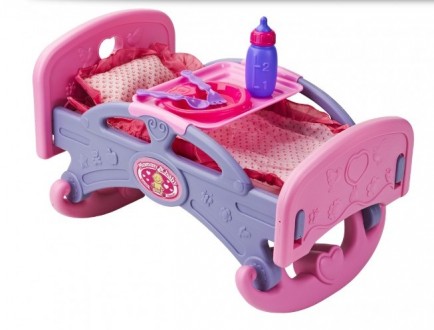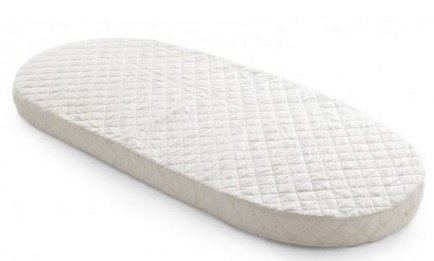Eating a healthy diet is always a wise idea — especially during pregnancy. It’s also a good idea during pregnancy to take a prenatal vitamin to help cover any nutritional gaps in the mother’s diet. Prenatal vitamins contain many vitamins and minerals. Their folic acid, iron, iodine, and calcium are especially important.
Folic Acid, Iron, and Calcium
Folic acid helps prevent neural tube birth defects, which affect the brain and spinal cord.
Neural tube defects develop in the first 28 days after conception, before many women know they are pregnant. Because about half of all pregnancies are unplanned, it’s recommended that any woman who could get pregnant take 400 micrograms (mcg) of folic acid daily, starting before conception and continuing for the first 12 weeks of pregnancy.
A woman who has already had a baby with a neural tube defect should talk to her health care provider about whether she might need folic acid supplements and discuss their dose. Studies have shown that taking a larger dose (up to 4,000 micrograms) at least one month before and during the first trimester may be beneficial for those women, but check with your doctor first. Foods containing folic acid include green leafy vegetables, nuts, beans, citrus fruits, and many foods which have been fortified with folic acid. Even so, it’s a good idea to take a supplement with the right amount of folic acid as a backup.
Calcium is also important for a pregnant woman. It can help prevent her from losing her own bone density as the baby uses calcium for its own bone growth. Iodine is critical for a woman’s healthy thyroid function during pregnancy. A deficiency in iodine can cause stunted physical growth, severe mental disability, and deafness. Not enough iodine can lead to miscarriage and stillbirth. Iron helps blood — in both the mother and baby — carry oxygen.
Some prenatal vitamins can cause nausea in an already nauseous pregnant woman. If that happens to you, talk to your health care provider. He or she may be able to prescribe a different kind of prenatal vitamin — for example, some women may do better with chewable or liquid vitamins rather than those you swallow whole.
Original article : https://www.webmd.com/baby/guide/prenatal-vitamins#1































Comments